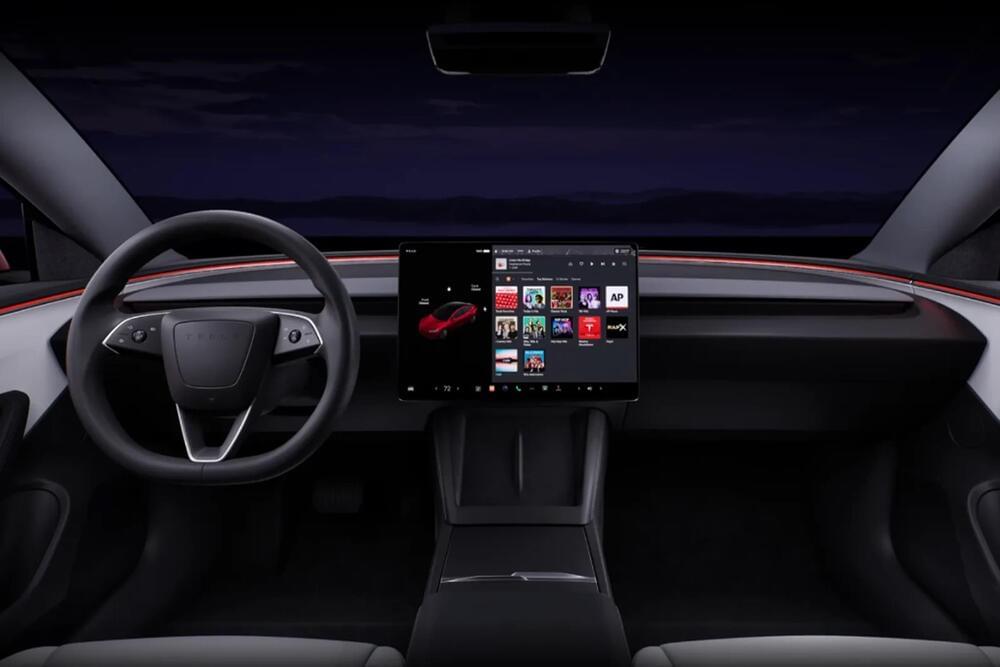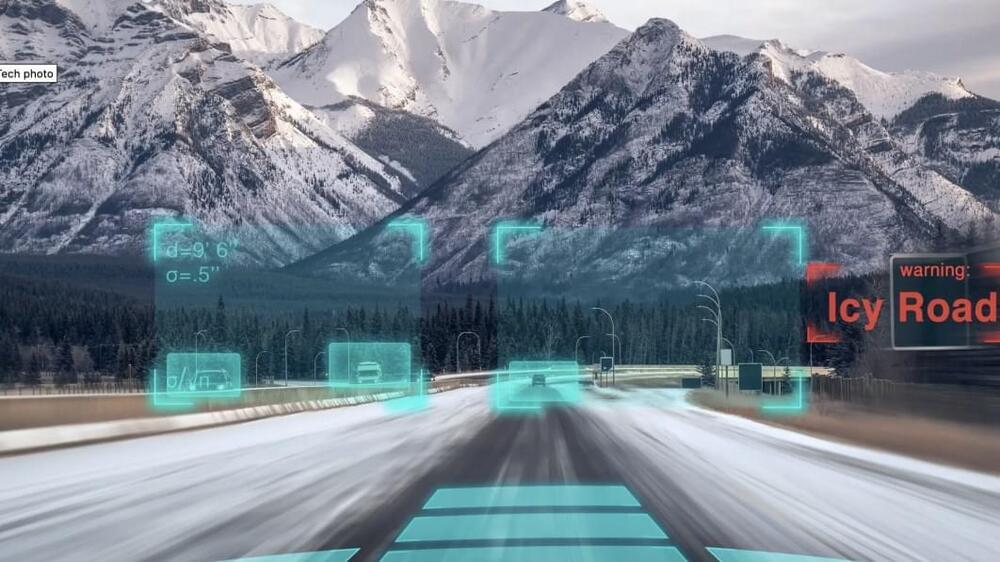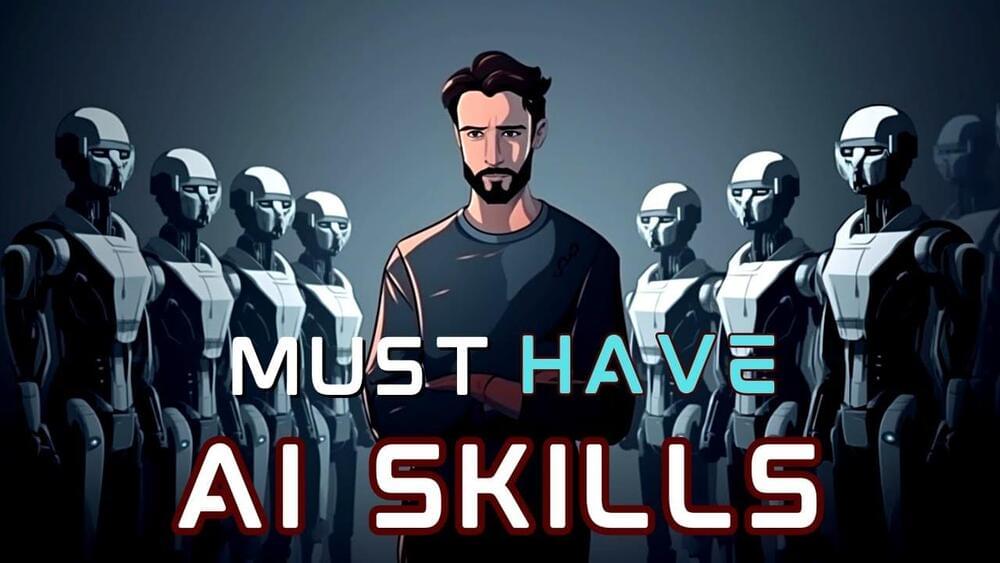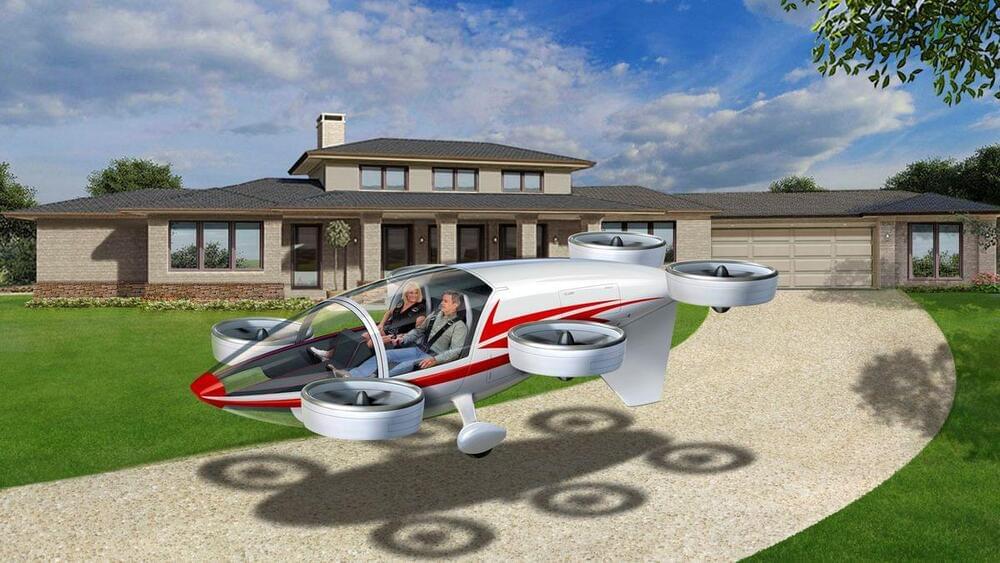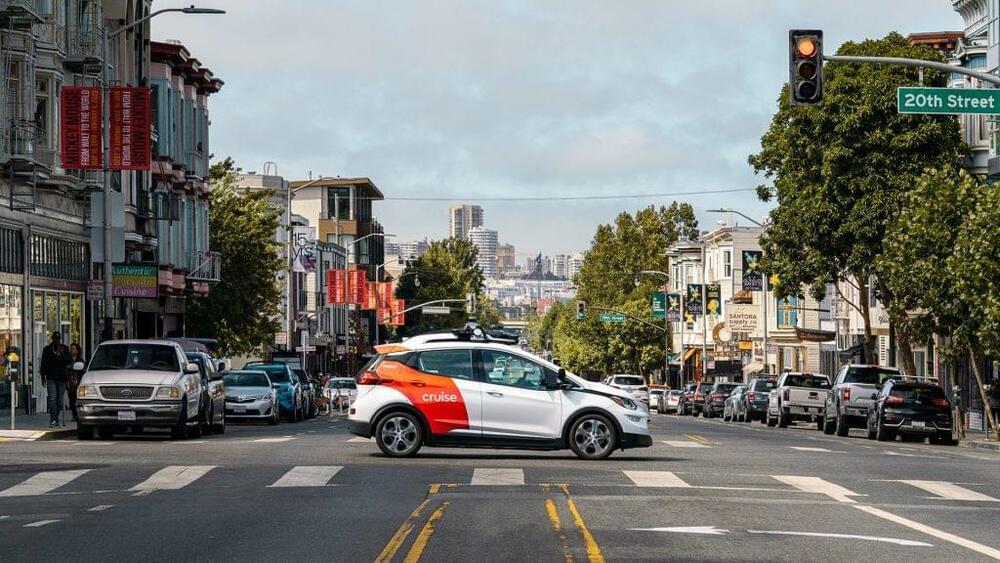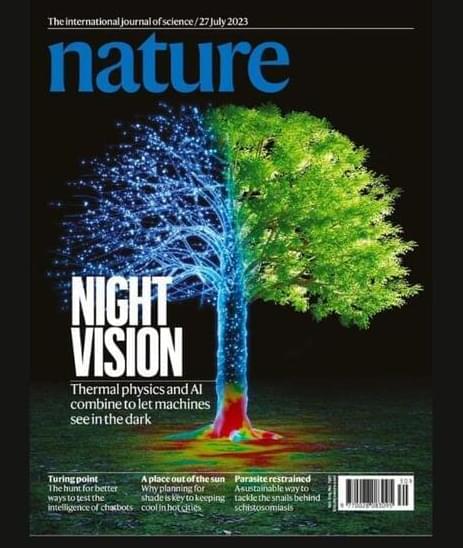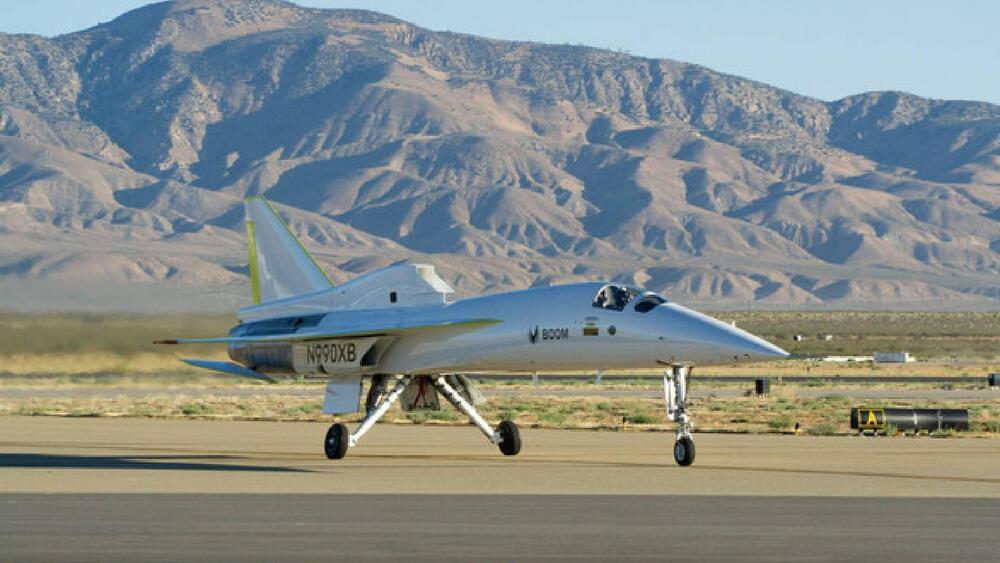Sep 2, 2023
Go inside the redesigned Tesla Model 3
Posted by Genevieve Klien in categories: sustainability, transportation
Images of the new, refreshed Tesla Model 3 electric vehicle (EV) has been revealed ahead of the model’s official debut in Europe and China. This is the first time Tesla has chosen to launch a new vehicle outside the United States.
The new Model 3 will produced in China and sold in Europe, China and the Middle East.
It looks similar to the current Model 3, with this new design being akin to a mid-generation refresh that traditional automakers would push forward. It comes with a revised front bumper with a reimagined LED signature, has new aerodynamic wheels and is said to have a more streamlined body, which has lead to more all-electric range.
